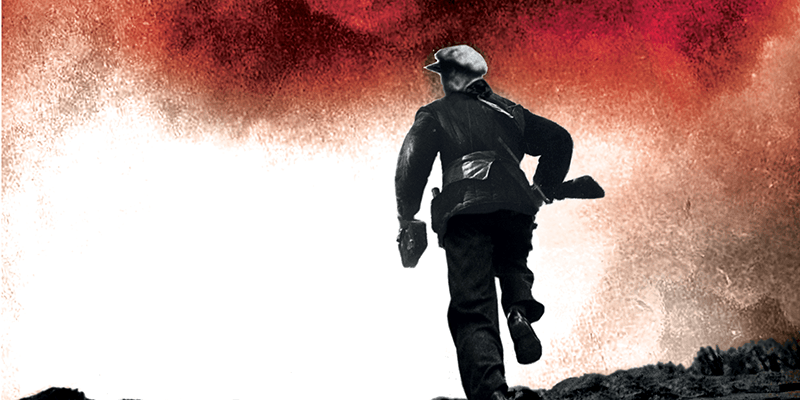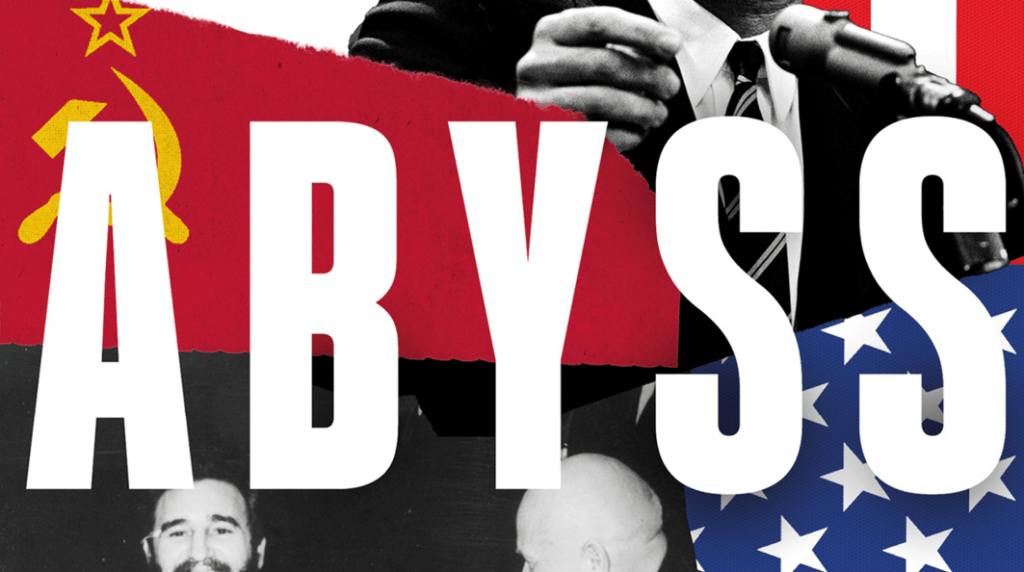The history of the secret intelligence conflict during the Second World War is so well trodden that the pickings for any new writer traversing this ground ought to be thin. From the giant tomes by academics such as Christopher Andrew, to Harry Hinsley’s four-volume official history of British intelligence, the subject has been raked over, microscopically examined, then raked over again. So what can Max Hastings offer that is new? The answer is plenty.
In the first place, he tells the story of the intelligence war across the globe. The familiar narrative of the breaking of the German Enigma code by British experts at Bletchley Park is set against the much less well-known actions of Soviet intelligence agencies and Japanese spymasters.
But, more important, Hastings understands, better than any previous historian, that this is as much a story about human nature as it is about the mechanics of code-breaking or spycraft. Indeed, one of the central messages to take from this exceptional work is that intelligence operatives are only as useful as their political masters allow them to be. As Hastings says, the Soviet Union has the “most active and best-resourced” intelligence service in the world, but Stalin’s personal deficiencies rendered it worse than useless at the most crucial moment in Soviet history. That is because, though “few military operations in history have been so comprehensively flagged” as the German invasion of the Soviet Union in June 1941, Stalin simply refused to believe the evidence handed to him. Hastings’s description of the meeting at which two Soviet intelligence chiefs sat trembling in front of Stalin as the Soviet leader dismissed their accurate warnings of the impending German invasion as “misinformation” is as gripping as any spy thriller.
Incredibly, Hitler was almost more pig-headed in his dealings with his intelligence chiefs than Stalin. So much so that leading Nazis decided in 1943 simply not to present their Fuhrer with intelligence reports that revealed the low morale of the German public. Priority instead was given to feeding information to Hitler that they knew he wanted to hear.
Equally astonishing is the fact that the Japanese leadership was given information in 1941 by their National Institute for Total Was Studies that stated categorically that Japan could not win a long war against America. Yet the order was still given to bomb Pearl Harbor later that year and initiate exactly that unwinnable war. Hideki Tojo, Japan’s prime minister, dismissed the accurate intelligence report as “armchair theory”.
Consequently, the reason that Britain’s secret services were the “least ineffective in the world” was not just the genius of men such as Alan Turing, the Enigma code-breaker, but the willingness of Winston Churchill to allow his intelligence officers to “speak their minds”.
But, as Hastings reveals, Stalin and his spy-master Lavrenti Beria felt able – after they had brushed aside the humiliation of their collective misjudgment about German military intentions – to operate their intelligence network during the war with a level of ruthlessness that dwarfed anything the western allies could conceive. In August 1941, Beria dropped Soviet secret-service operatives dressed as Nazi parachutists into the German-speaking Volga area of the Soviet Union in order to test the loyalty of the local population. Any village that offered help to the parachutists was “liquidated wholesale” and the population of the “entire region” was subsequently transported as a punishment to the wastes of Siberia and Kazakhstan.
Even more cold-bloodedly, Stalin revealed to the Germans via a fictitious agent called “Max” accurate details of a proposed Soviet attack, code-named “Operation Mars”. The Germans then acted on this intelligence and 70,000 Red Army soldiers died as a result. Stalin did this because he wanted to divert the Germans from another Soviet operation around Stalingrad. As Hastings says, “only in Stalin’s dreadful world could 70,000 lives have been sacrificed, without sentiment or scruple, to serve the higher purposes of the state”.
Hastings also offers valuable insights into the psychology of the intelligence operatives themselves. The “sexing up” of intelligence, for instance, is not new. One British MI6 officer sent technical information to his masters about a German bomber piece by piece: “First there was information about its engines; then its electrics; and somewhat later its armament”. But when confronted, he admitted that he had simply managed to get hold of one copy of the handbook of the plane and was drip-feeding the intelligence to his bosses in order to pretend he had “multiple sources”.
Similarly, as Hastings says, the intelligence services tended to “overvalue information gained from spies”. One observer commented that MI6 prized intelligence merely because it had been hard to obtain rather than because it was intrinsically valuable. Thus, “they would attach more value … to a scrap of third-rate and tendentious misinformation smuggled out of Sofia in the fly-buttons of a vagabond Rumanian pimp than to any intelligence deduced from a prudent reading of the foreign press”.
However, even given Hastings’s approach of focusing on the psychology of intelligence gathering instead of the mechanics of code-breaking, in the wrong hands this story could still have made for a boring book. That is because, unlike military history, there are no battles on the front line to excite the reader and, crucially, no absolute measure of determining how much intelligence information contributed to victory. It can all become something of a morass, but Hastings avoids this fate for two key reasons.
First, he has the novelist’s eye for the telling details. For example, his description of the life of the womanising Soviet master spy, Richard Sorge, is compelling – in particular the memorable story of how Sorge seduced the “Amazonian” wife of his contact at the German embassy in Tokyo. Just as comic is the tale of how the Abwehr (the German intelligence service) spent time and money on training three “barely literate Moroccans” at their spy school in France. After they had been dropped back into their own country, the Moroccans sent just one message back to the Abwehr, in which they thanked the German spy masters for their “kindly treatment and for the invaluable assistance in getting home”.
Above all, this book works because Hastings is simply a very fine writer who is not afraid of making judgments. He describes America, for instance, as “a temple of freedom, and thus also of indiscretion”. And he sums up the life of Admiral Canaris, the mysterious head of the Abwehr, with the memorable phrase “while anxious not to be a bad man, Canaris lacked the courage to be a good one”.
Set against the background of the huge number of previous books on intelligence in the Second World War, Hastings’s achievement is especially impressive, for he has produced the best single volume yet written on the subject.




